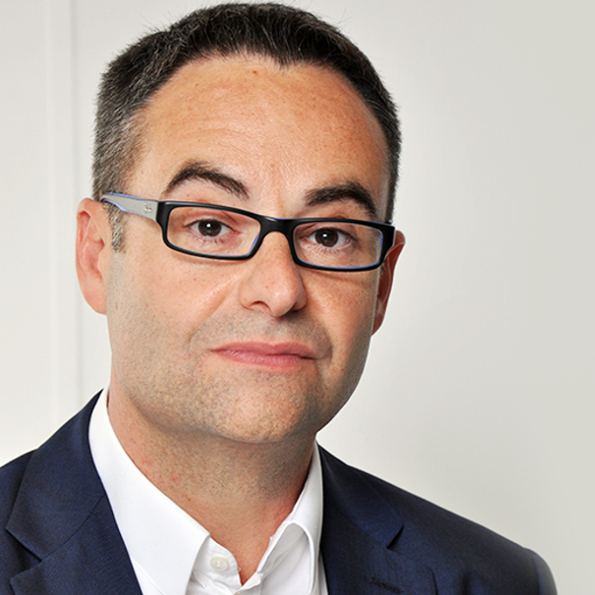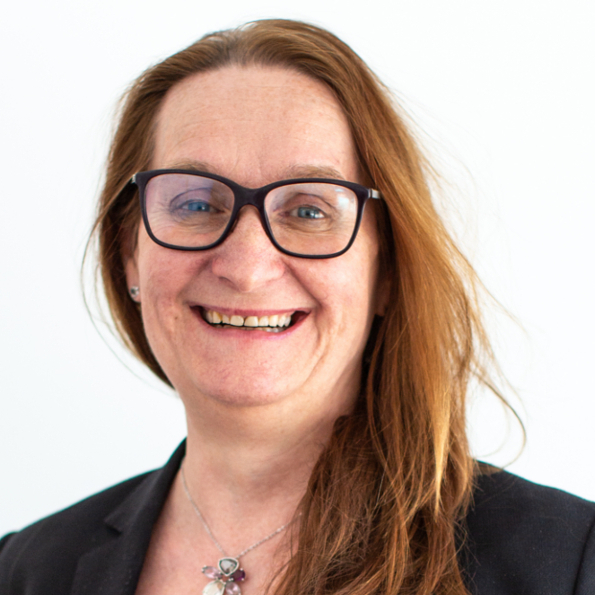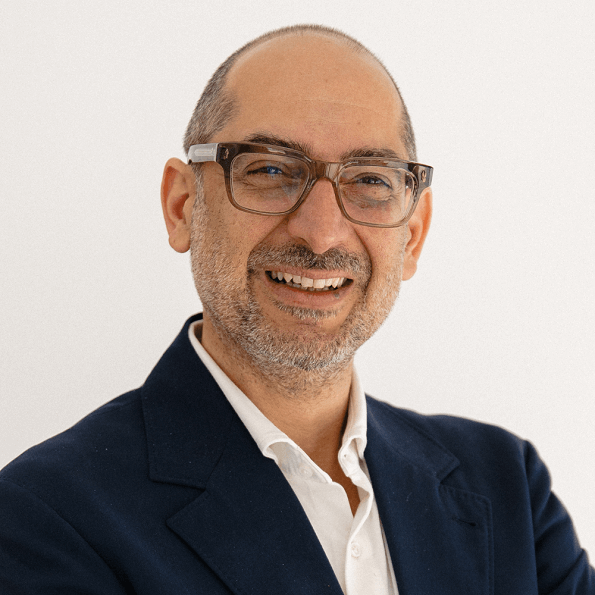About the Rmes Advanced Microsurgery Training Program - Excellence in Clinical Skills
Microsurgery has become a standard part of all tissue transfer techniques and is an essential component in the most advanced reconstructive procedures, such as vascular anastomosis, lymphatic microsuture and neurorrhaphies. The exponential growth in the use of microsurgical techniques, over the last twenty years, especially in plastic surgery, clearly indicates that a skilled microsurgical team is indispensable in all major hospitals.
This advanced microsurgery training program offers comprehensive, specific training in fields such as breast surgery, brachial plexus, hand surgery, head and neck reconstruction, limb salvage, genitourinary and supermicrosurgery. It is organized in association with a faculty of international renowned experts and it is addressed to plastic surgeons, surgical specialists without experience in microsurgery, and experienced microsurgeons who want to widen their range of competences and learn new skills.
The program includes specific training modules that cover all the practical aspects of the reconstructive microsurgery. Completing the entire program guarantees the student a high level of expertise in reconstructive microsurgery. The training program will be individually tailored to the needs of each student. A high level of performance is expected, and quality instruction is guaranteed.
The training centers are state-of-the-art learning facilities, designed and commissioned to meet the need of the modern healthcare professional and to provide excellence as a facility for advanced surgical training and are designed for surgeons who wish to increase their knowledge of a particular procedure in a specialized area such as head and neck, breast, limb, Lymphedema and genitourinary microsurgical reconstruction in a more warm and supportive environment.
The majority of time is spent in the operating theatre observing and working with an expert in the chosen specialist area. New techniques and procedures are demonstrated and students are coached through complex dissections on a one-to-one basis.

Jaume Masià MD, PhD
Hospital de Sant Pau, Barcelona

Sinikka Suominen, MD, PhD
Helsinki University Hospital, Helsinki

Jian Farhadi MD, PhD
Plastic Surgery Group, Zurich
The RMES ADVANCED MICROSURGERY TRAINING PROGRAM, provides learning tools designed to address the key aspects of the reconstructive microsurgery
- Provide an environment where a qualified, motivated student can gain advanced training in reconstructive microsurgery
- To promote scientific and critical thinking
- Perform microsurgical techniques in allmajor fields: breast reconstruction, head and neck surgery, limb salvage, lymphedema surgery, genitourinary reconstruction & supermicrosurgery
- Learn and implement supermicrosurgery techniques
- Analyze and determine the most suitable microsurgical technique for a particular case
- Analyze needs and indications for transplantation
- Preoperatively plan all types of microsurgical flaps: myocutaneous flaps, muscular flaps, bone flaps, axial-cutaneous flaps and perforator flaps
- Master and apply suture techniques in microvascular surgery, lymphatic and anostomosis neurorrhaphy
- Plan and perform limb replantation procedures
- Avoid complications and sequelae of reconstructive procedures
- Approach and perform microsurgical flap salvage techniques
- Carry out postoperative follow up of microsurgical flaps: monitoring techniques
The program comprises three hands-on sessions held in two cities – Alicante and Cáceres , one on-line introductory course on the methodology of clinical research and a clinical immersion at different outstanding hospitals from around the world
To begin the training program, the student must complete the three established hands-on modules. Once these are completed, the student will proceed to the rotation period. The minimum duration for rotations to obtain the advanced microsurgery training programme certificate is six months, with a maximum of one year. The rotation period at each selected hospital will be between one and two months. However, a longer rotation period may be requested if the Educational Coordinator deems it necessary.
The hospitals for rotations will be selected based on the student’s specific area of interest.

On-line campus:
This e-learning area provides quality peer-reviewed information in a dynamic and interactive format
- Case review
- Forum discussion to receive feedback from the faculty
- Video surgery
- Evaluation tests
- Second opinion from experts
- Journal club
- Log book of clinical immersion
When you begin the Advanced Microsurgery Training Program, you will immediately join a unique group of accomplished professionals. You and your study peers will learn creatively and critically together. You will develop a community of support and lasting professional relationships with your colleagues and professors, and you will find that is more than an academic challenge; it is a once-in-a-lifetime experience of personal and professional development.



